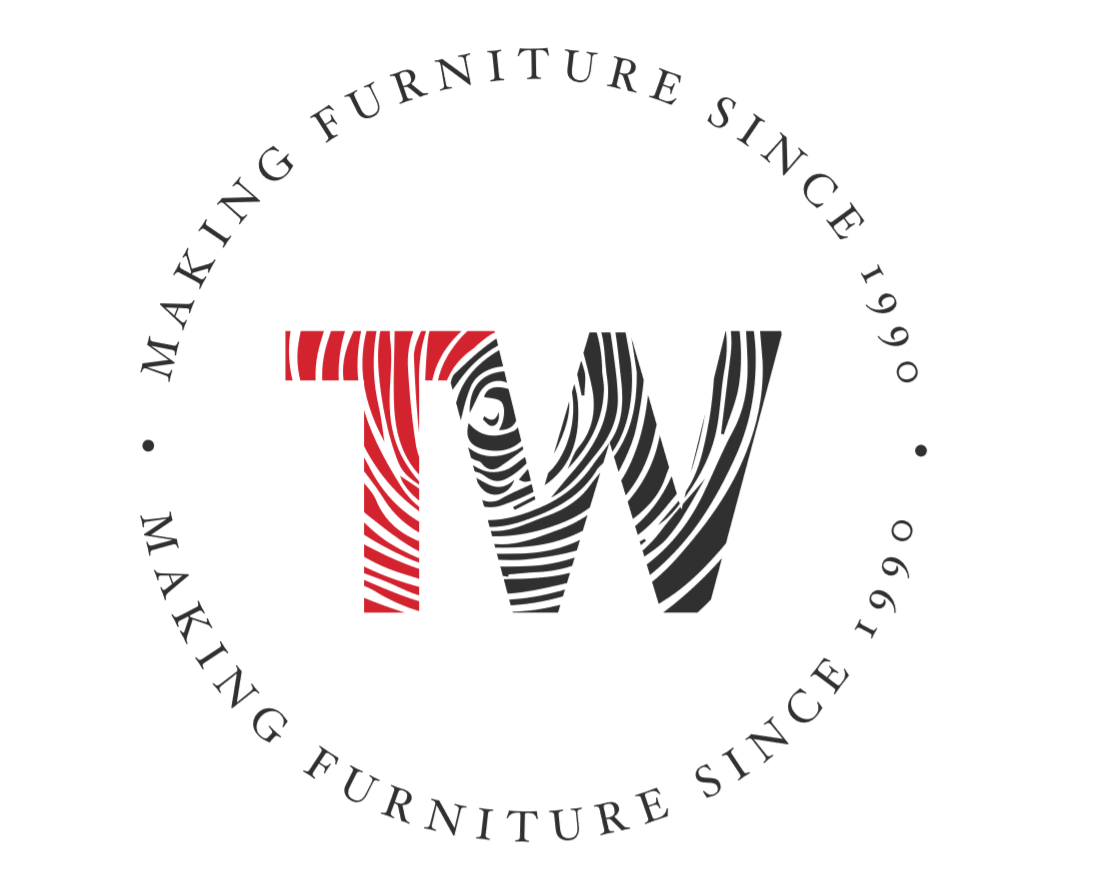What type of Furniture and wooden goods are made in Vietnam
- Plywoods furniture
- MDF goods
- Solid wood
- Wooden goods and household accessories
- Wicker furniture
- Case-goods
- Flatpack furniture
- Cabinets (such as kitchen cabinets)
- Bamboo goods and furniture
- Reclaimed furniture
- And much more…
What types of woods are used by Vietnamese Furniture manufacturers?
Tropical Hardwoods are the most common woods used in Vietnam. These woods are good for mid-range furniture as they have a dense core that handles heat and moisture very well. Vietnam’s climate is both Hot and humid, and the wood naturally evolved to handle these conditions.
- Pine
- Acacia
- Rubberwood
- Bamboo
- Teak
- Walnut
- Ash
- Eucalyptus
Wood in Vietnam includes:
Solid woods
Solid woods are any goods that are made of a single piece of wood. This is the most basic type of wood as it gets. These are solid pieces of wood cut straight from the tree.
Plywoods
Plywoods are made by stacking thin boards of wood on top of each other and bonding them with resin or glue. This creates a board the strength and quality of Plywood vary greatly and is based on the type of wood used, the thickness of the sheets, and how many times it is stacked.
MDF
MDF, short for Medium Density Fiberboard, is a mix of wood waste and resin. This creates a strong and solid board that can be used in nearly the same way as plywood. MDF tends to be both cheaper and weaker than plywood; however, it is strong enough to be used in weight-bearing furniture, cabinets, and much more.
Particle Board
This mix of wooden shaving and wood resin tends to be the cheapest and weakest material to work with. For the most part, we avoid this as it’s not suitable for most goods, although it is an option for those on a tight budget.
Veneers
Veneers are a very thin sheet of wood that is bonded to the top to create a woodgrain look. Since Particleboard and MDF do not have a grain, they’ll apply an extra veneer layer to give it a solid wood look. Plywoods often have their top layer made with a veneer to give it the look of more premium wood. Veneers are mainly cosmetic but do help protect the wood underneath from the elements.
Vietnam is capable of manufacturing with all of these types. Many factories can process the wood from raw timber at the factory to create solid wood boards, plywood, or MDF. This allows for custom types of wood to be used in your product.
In Trendworld we mainly do Reclaimed pine furniture but we are also using oak, MDF and veneers. We are now starting to put Wicker with our furniture.
Sustainable wood Products in Vietnam and FSC certification
Forest Stewardship Council in Vietnam
One of client’s biggest concerns is the sustainability and environmental impact of the factories’ wood. The Forest Stewardship Council, usually called FSC, is one of the most respected organizations that track the wood supply chain to ensure that wood is harvested from sand sources sustainably. They certify both that factories only use sustainably sourced wood as well as audit the whole supply chain.
They have two levels or certifications: Forest management certification and chain of custody certification. The Forest management is for those that maintain plantation or harvest wood from the forest. Chain of custody is for the end-users and factories who buy the lumber to certify that they are only using sustainably sourced wood in their products.
They also have controlled wood certification for factories that use a mix of FSC certified wood and traditionally sourced wood. This is to encourage FCS wood’s gradual adoption since changing over a factory’s source of wood isn’t that easy.
Vietnam is a forested country, so there is no shortage of wood to be found. Many plantation and wood suppliers in the country can harvest wood sustainably and have FCS Certification.
Trendworld Furniture is one of business organizations has FSC certification for our furniture products.
Vietnam and the EU Regulations
As part of a massive free trade agreement with the EU signed in October 2018, Vietnam’s wood industry now has to comply with regulations across its entire industry, not just wood products exported to the EU. This includes a crackdown on illegal wood harvesting, better forest management, and more sustainably sourced timber products. It should be noted that Vietnam voluntarily enforces these actions; however, they did form a national forest certification process to ensure that wood is properly tracked.
Vietnam has taken other steps to ensure that wood is sustainably produced and to promote conservation. The EU also mandates that any factory that produces products bound for the EU must comply with FSC guidelines; thus, many manufacturers are FSC certified.
